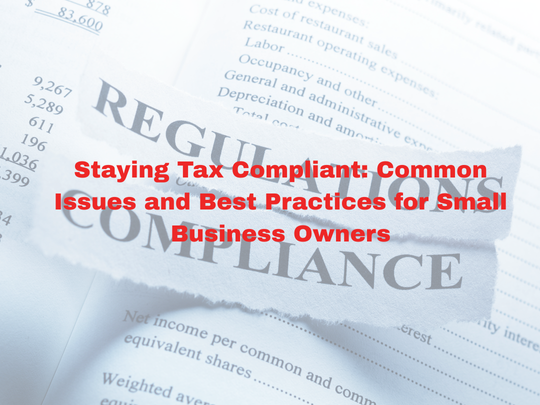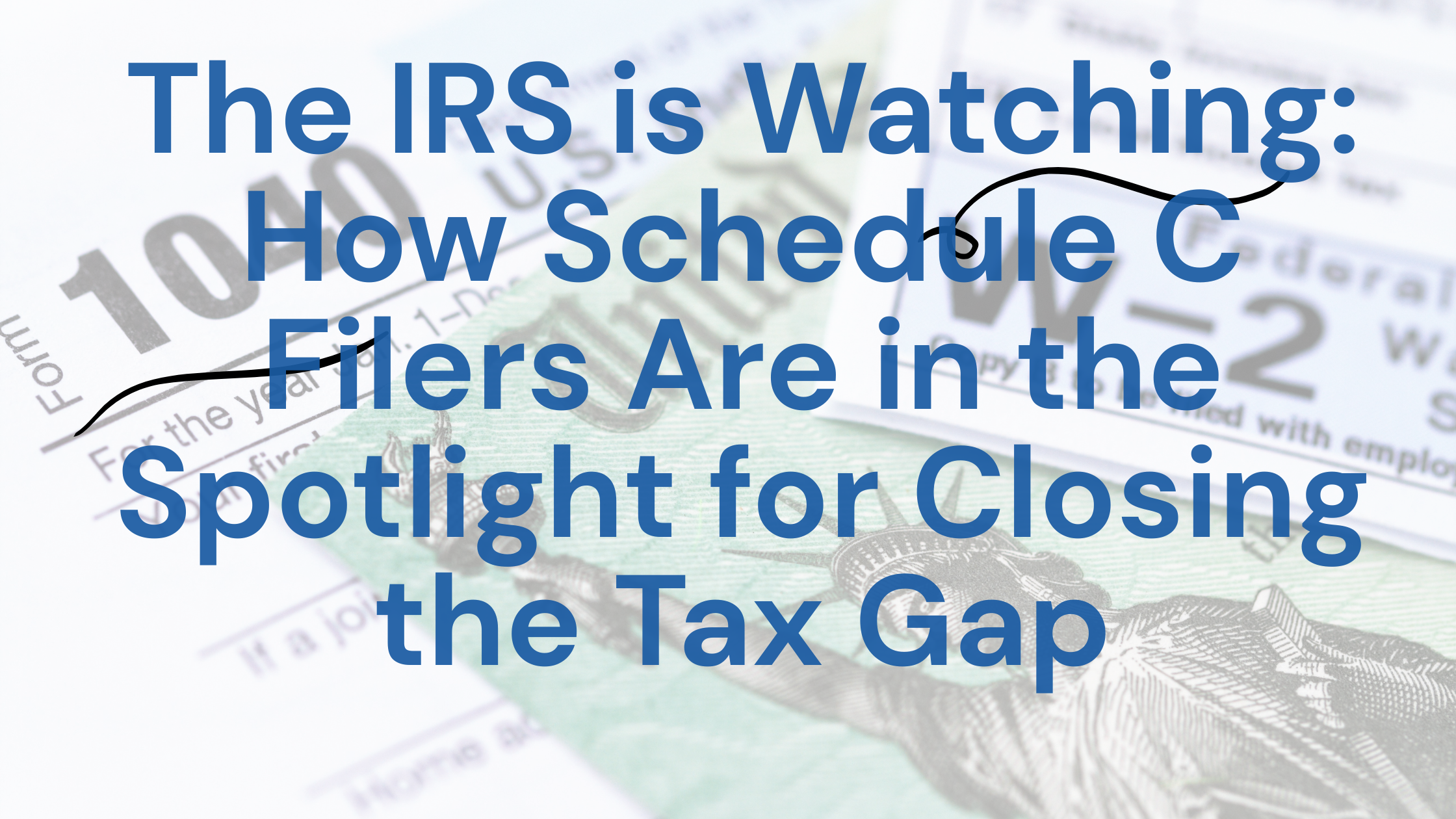Many people assume tax planning is the same as tax preparation, but the two are quite different. Let’s take a closer look:
What is Tax Preparation?
Tax preparation is the process of preparing and filing a tax return. Generally, it is a one-time event that culminates in signing your return and finding out whether you owe the IRS money or will be receiving a refund.
For most people, tax preparation involves one or two trips to your accountant (CPA), generally around tax time (i.e., between January and April), to hand over any financial documents necessary to prepare your return and then to sign your return. They will also make sure any tax reporting on your return complies with federal and state tax law.
Alternately, Individual taxpayers might use an enrolled agent, attorney, or a tax preparer who doesn’t necessarily have a professional credential. For simple returns, some individuals prepare tax returns themselves and file them with the IRS. No matter who prepares your tax return, however, you expect them to be trustworthy (you will be entrusting them with your personal financial details), skilled in tax preparation, and to accurately file your income tax return in a timely manner.
What is Tax Planning?
Tax planning is a year-round process (as opposed to a seasonal event) and is a separate service from tax preparation. Both individuals and business owners can take advantage of tax planning services, which are typically performed by a CPA and accounting firm or an Enrolled Agent (EA) with in-depth experience and knowledge of tax law, rather than a tax preparer.
Examples of tax planning include the following: Bunching expenses (e.g., medical) to maximize deductions, tax-loss harvesting to offset investment gains, increasing retirement plan contributions to defer income, and determining the best timing for capital expenditures to reap the tax benefits. Good recordkeeping is also an important part of tax planning and makes it easier to pay quarterly estimated taxes, for example, or prepare tax returns the following year.
Tax planning is something that most taxpayers do not take advantage of – but should – because it can help minimize their tax liability on next year’s tax return by planning ahead. While it may mean spending more time with an accountant, say quarterly – or even monthly – the tax benefit is usually worth it. By reviewing past returns, an accountant will have a more clear picture of what you can do this year to save money on next year’s tax return.
If you’re ready to learn more about what strategies you can use to do your taxes more efficiently and effectively, contact us and let our Enrolled Agent guide you!



